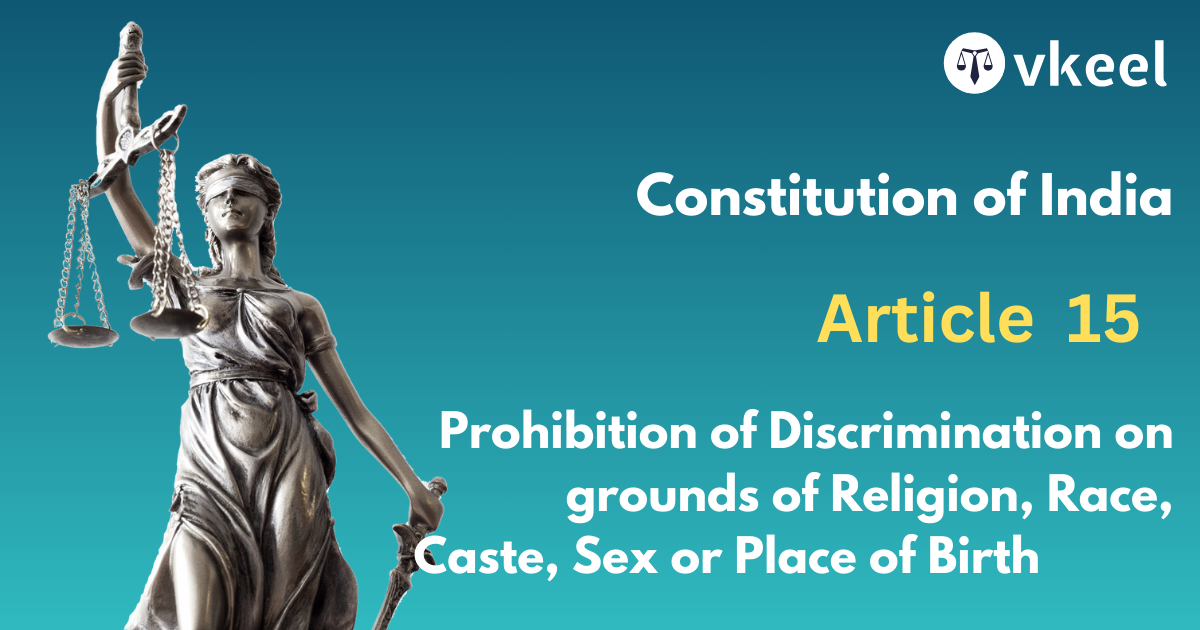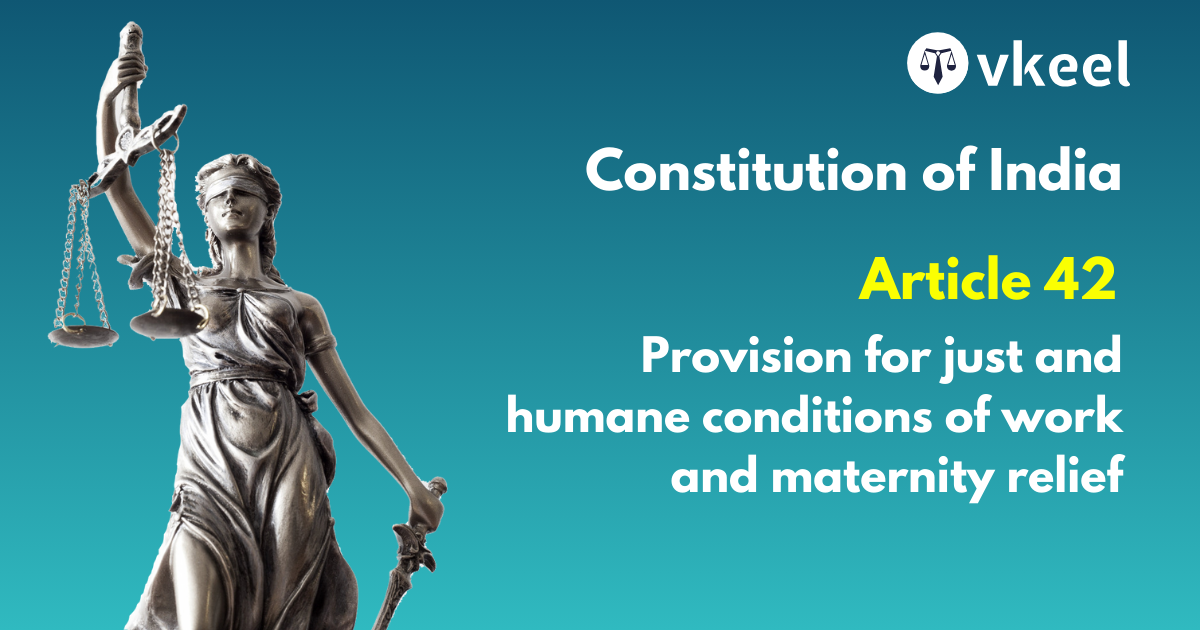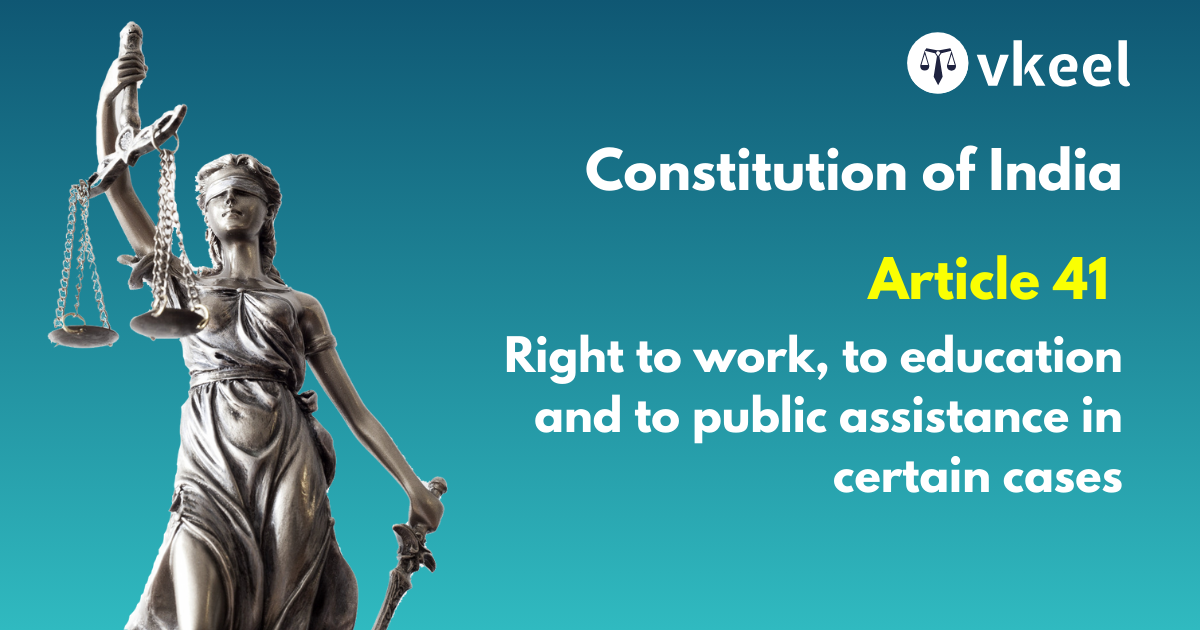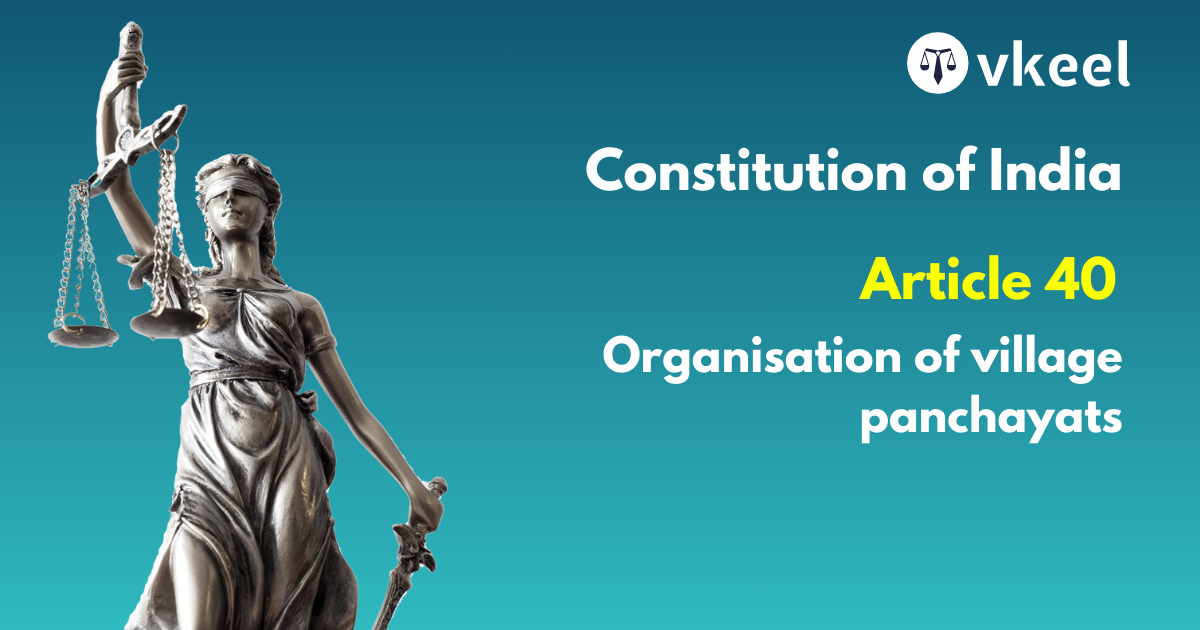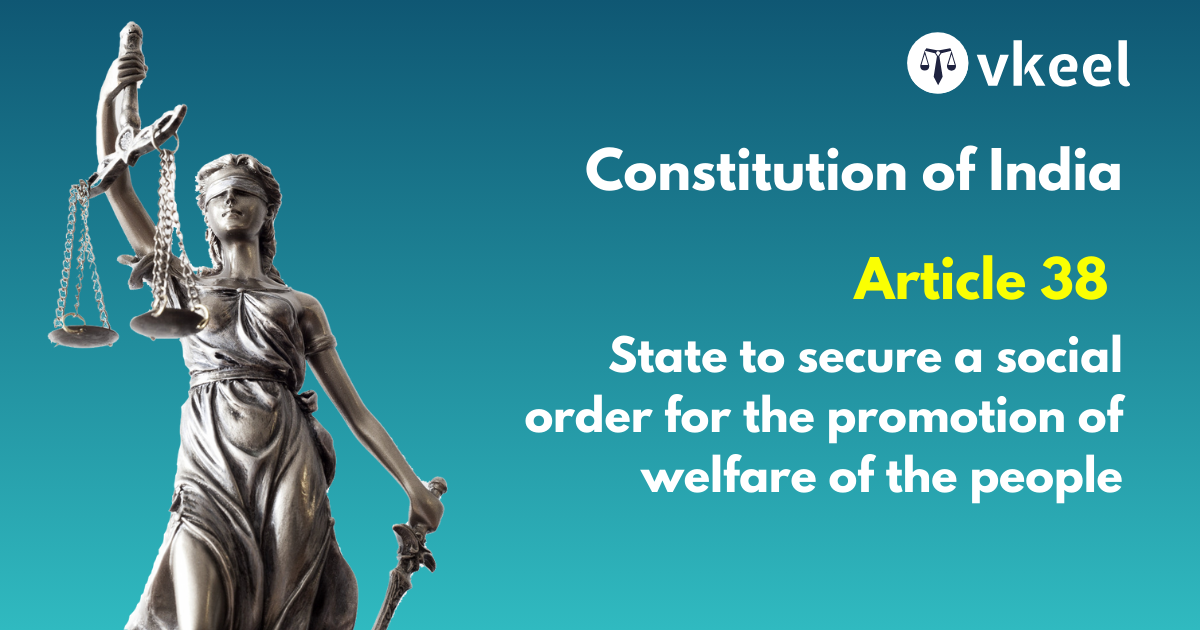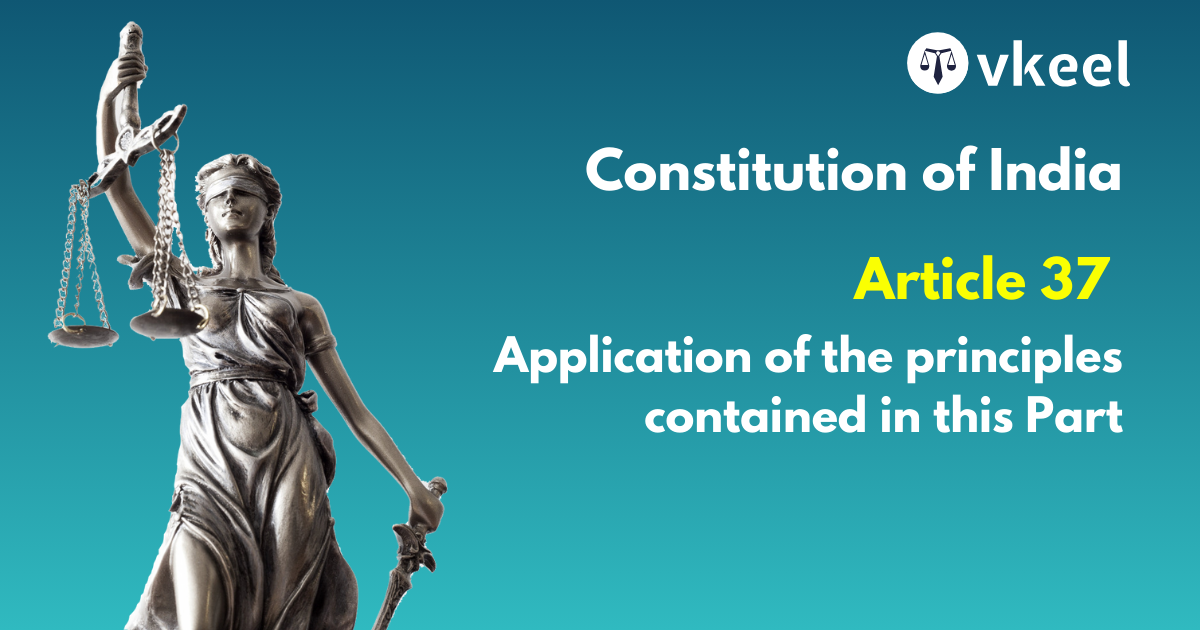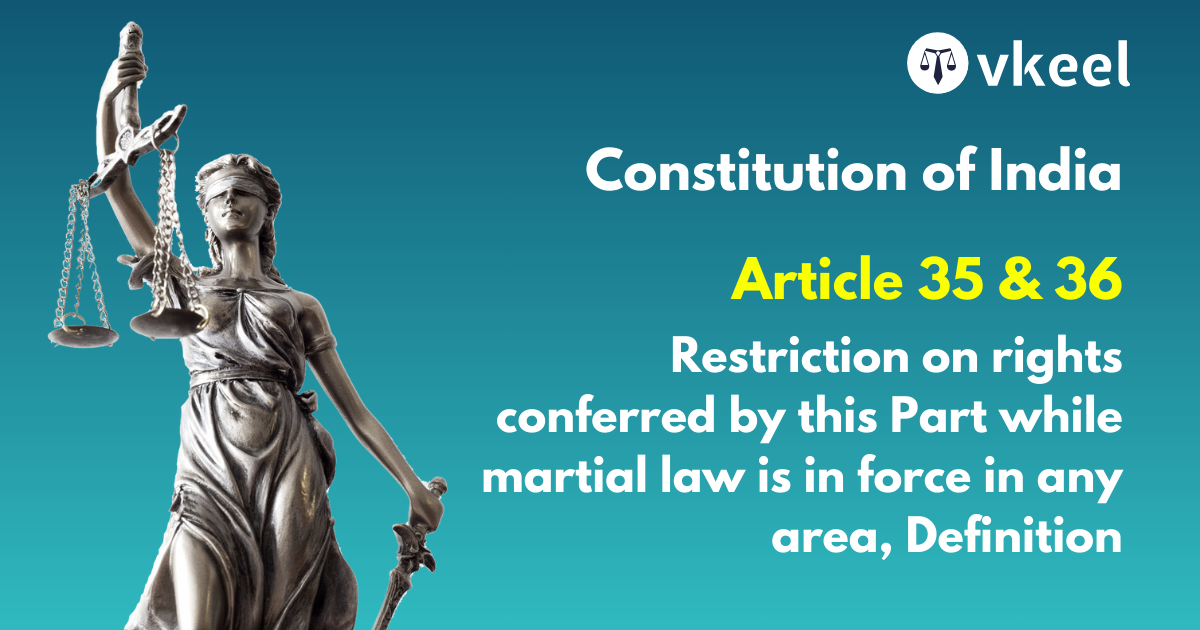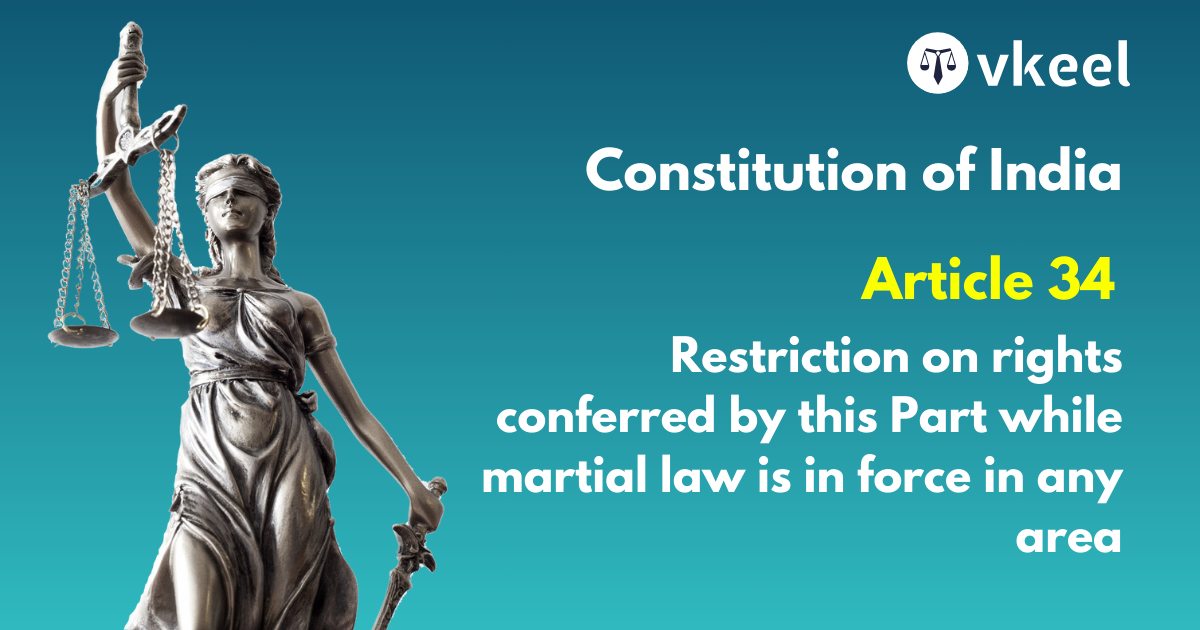Article 15
By Vanshika Saini
Table of Contents
Introduction
Article 15 of the Indian Constitution is available only to the citizens of India, thereby it enjoins the State not to discriminate or classify against any citizen on the mere grounds of religion, caste, sex, race, place of birth or any of that.
Article 15 the provision further protects all citizens against discrimination, the crux of the word ‘only’ being entrenched in the article is to limit this right only to citizens.
Article 15
Prohibition of discrimination on grounds of religion, race, caste,
sex or place of birth.—
(1) The State shall not discriminate against any citizenon grounds only of religion, race, caste, sex, place of birth or any of them.
(2) No citizen shall, on grounds only of religion, race, caste, sex, place of birth or any of them, be subject to any disability, liability, restriction or condition with regard to—
(a) access to shops, public restaurants, hotels and places of public
entertainment; or
(b) the use of wells, tanks, bathing ghats, roads and places of public resort maintained wholly or partly out of State funds or dedicated to the use of the general public.
(3) Nothing in this article shall prevent the State from making any special provision for women and children.
[(4) Nothing in this article or in clause (2) of article 29 shall prevent the State from making any special provision for the advancement of any socially and educationally backward classes of citizens or for the Scheduled Castes and the Scheduled Tribes.]
[(5) Nothing in this article or in sub-clause (g) of clause (1) of article 19 shall prevent the State from making any special provision, by law, for the advancement of any socially and educationally backward classes of citizens or for the Scheduled Castes or the Scheduled Tribes in so far as such special provisions relate to their admission to educational institutions including private educational institutions, whether aided or unaided by the State, other than the minority educational institutions referred to in clause (1) of article 30.
[(6) Nothing in this article or sub-clause (g) of clause (1) of article 19 or
clause (2) of article 29 shall prevent the State from making,—(a) any special provision for the advancement of any economically weaker sections of citizens other than the classes
mentioned in clauses (4) and (5); and
(b) any special provision for the advancement of any economically weaker sections of citizens other than the classes
mentioned in clauses (4) and (5) in so far as such special provisions relate to their admission to educational institutions including private educational institutions, whether aided or unaided by the State, other than the minority educational institutions referred to in clause (1) of article 30, which in the case of reservation would be in addition to the existing reservations and subject to a maximum of ten per cent. of the total seats in each category.
Landmark Cases
In Vishaka v. State of Rajasthan, (1997)
The Supreme Court held that sexual harassment of working women at places of work amounts to violation of rights of equality and dignity under articles 14, 15 and 21 and the directive of article 42. followed by all It gave guidelines to be strictly public and private employers until suitable law was enacted by the legislature. The Sexual Harassment of Women at Workplace (Prevention, Prohibition and Redressal) Act, 2013 sought to provide protection against sexual harassment of women at workplace and for the prevention and redressal of complaints of sexual harassment and for matters connected therewith or incidental thereto.
Kumari Chitra Ghosh vs Union Of India 1970
Any law providing for elections on the basis of separate electorates for members of different religious communities offends against article 15(1). This constitutional mandate to the State not to discriminate against any citizen on the ground, inter alia, of religion clearly extends to political as well as to other rights, and any election held after the Constitution in pursuance of such a law subject to clause (4) must be held void as being repugnant to the Constitution.
Conclusion
The legislation has witnessed and given birth to various numbers of controversies, protests and tensions within various professional institutions.
Article 15 embodied is based on the principles of fairness, accountability, empowerment, transparency and responsibility of the State to empower the citizens of India wit their Fundamental Rights.
Disclaimer:
The information provided in the article is for general informational purposes only, and is not intended to constitute legal advice or to be relied upon as a substitute for legal advice. Furthermore, any information contained in the article is not guaranteed to be current, complete or accurate. If you require legal advice or representation, you should contact an attorney or law firm directly. We are not responsible for any damages resulting from any reliance on the content of this website.

